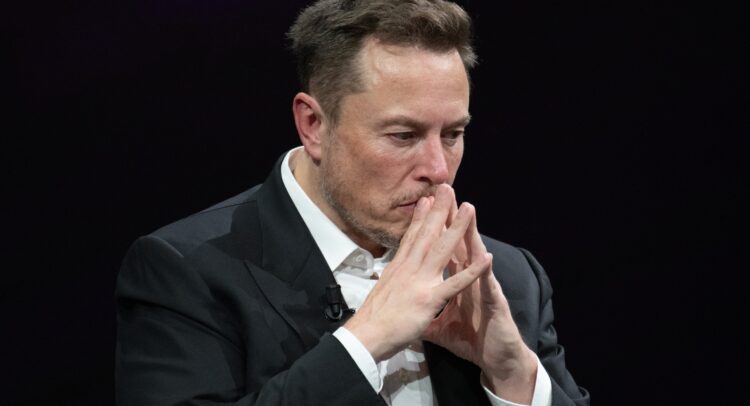Elon Musk, CEO of Tesla and head of the Department of Government Efficiency (DOGE), has expressed grave concerns over the United States’ escalating budget deficit, which reached $1.8 trillion in the last fiscal year. He emphasized that without significant reductions in federal spending, the nation faces the risk of bankruptcy. Musk highlighted that interest payments on the national debt now surpass the Defense Department’s budget, underscoring the urgency of fiscal reform.
Appointed by President Donald Trump to lead DOGE, Musk is tasked with identifying and eliminating wasteful federal expenditures. The initiative aims to reduce the federal workforce and streamline government operations. However, DOGE’s aggressive measures, including mass layoffs across various agencies and the cancellation of numerous federal contracts, have sparked legal challenges and debates over the balance between efficiency and the dismantling of essential programs.
Musk’s approach has also led to tensions within the federal government. Senior White House officials have expressed frustration over his autonomous methods and lack of communication, despite President Trump’s public support.
In response to concerns about DOGE’s access to sensitive government data, the Treasury Department’s Office of Inspector General has initiated an audit to review the security controls of federal payment systems. This action follows apprehensions raised by Democratic senators regarding the extent of DOGE’s authority and its potential implications for privacy and governance.
As DOGE continues its mission to cut federal spending, it faces mounting legal challenges. Attorneys general from 14 states have filed a lawsuit contesting Musk’s authority to access sensitive government data and direct executive branch officials. The lawsuit seeks to invalidate Musk’s directives and prevent him from altering public funds and agency structures.
Despite these challenges, Musk remains steadfast in his commitment to fiscal reform, asserting that reducing federal expenses is essential for America’s solvency. He has pledged to identify and implement $1 trillion in spending cuts through DOGE’s initiatives.

